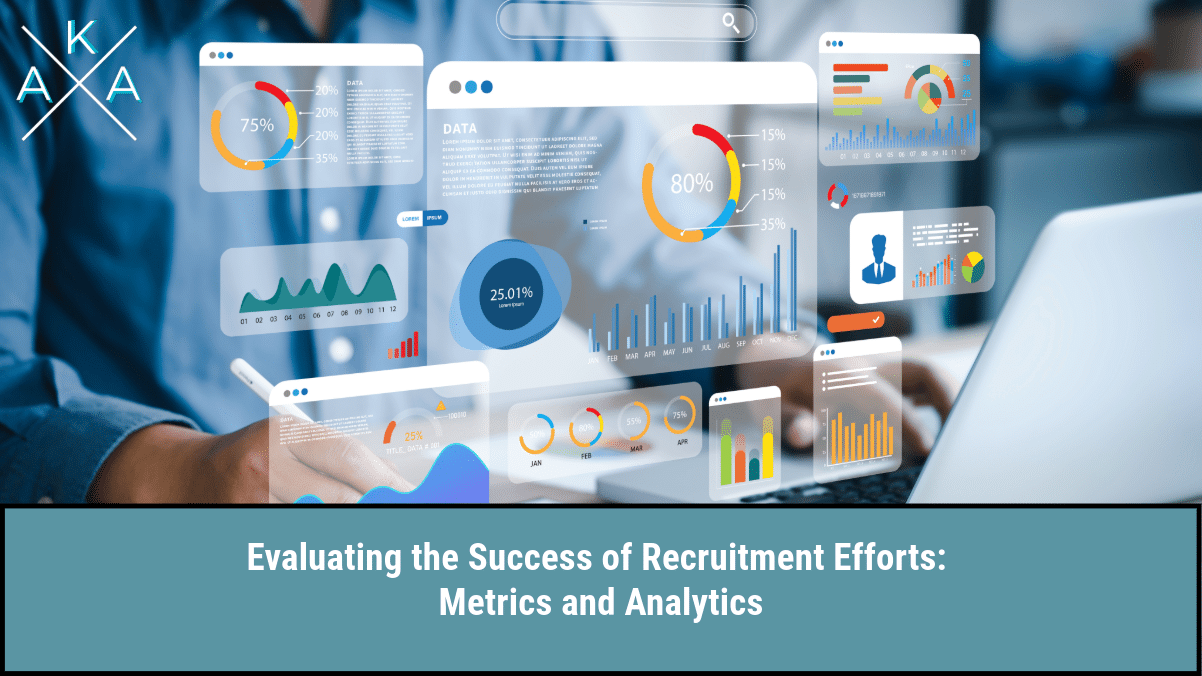In the competitive landscape of today’s job market, the ability to attract, hire, and retain the right talent is paramount for any organization’s success. Recruitment metrics and analytics play a crucial role in understanding the effectiveness of hiring strategies, providing valuable insights that can drive decision-making and improve overall performance. These tools help companies measure the outcomes of their recruitment efforts, identify areas for enhancement, and ensure alignment with their strategic goals. By analyzing data related to hiring processes, businesses can optimize their recruitment practices, enhance candidate experiences, and ultimately build a stronger workforce.
Understanding Recruitment Metrics
Recruitment metrics provide a snapshot of how effective a company’s hiring process is. These metrics help in understanding various aspects, like the speed and cost of hiring, and the quality of new hires. By regularly monitoring these figures, a company can pinpoint areas that need improvement and recognize their strengths.
In addition to providing a performance baseline, these metrics also guide strategic planning in recruitment. For instance, if the time to hire is lengthy, a company may need to streamline its hiring process. Conversely, if the quality of hire is high, the company can identify the successful elements of its recruitment strategy to replicate in future efforts.
- Candidate Engagement Rate: Measures how actively candidates interact with the company’s recruitment efforts.
- Offer Acceptance Rate: Indicates the percentage of job offers accepted by candidates, shedding light on the appeal of the company to prospective employees.
The Importance of Time and Cost
Time to hire and cost per hire are critical metrics in assessing recruitment efficiency and financial impact. A shorter time to hire can indicate a streamlined process, but it’s essential to balance speed with the quality of candidates. Similarly, understanding the cost per hire helps in budgeting and reveals the financial efficiency of the recruitment process.
Efficient recruitment processes save not only time but also resources, contributing to the overall profitability of an organization. Analyzing these metrics allows companies to make informed decisions about where to invest in their recruitment efforts, ensuring they attract the right talent without overspending.
- Interview-to-Offer Ratio: Shows the efficiency of the interview process and how well it identifies suitable candidates.
- Employee Referral Rate: Reflects the effectiveness of internal networks in recruiting and can signify a positive organizational culture.
Quality and Satisfaction in Recruitment
The quality of hire metric is essential for assessing the long-term impact of recruitment efforts on a company’s success. It measures the contribution of new employees to the company and their fit with the organizational culture. High-quality hires enhance productivity and drive growth, making this metric a key indicator of recruitment success.
Applicant satisfaction is equally important as it reflects the candidate’s experience during the hiring process. A positive hiring experience can boost a company’s reputation in the job market, attracting more qualified candidates and potentially leading to higher job acceptance rates.
- New Hire Turnover Rate: Indicates the percentage of new hires who leave the company within a specific period, which can highlight issues in the recruitment or onboarding process.
- Recruitment Channel Effectiveness: Assesses the success of different recruitment sources in attracting high-quality candidates.
Leveraging Analytics for Better Recruitment
Analytics in recruitment involves the systematic analysis of hiring data to improve decision-making. By leveraging analytics, companies can identify trends, predict future hiring needs, and optimize their recruitment strategies for better results. This data-driven approach allows for a more targeted and efficient hiring process, aligning closely with the company’s strategic goals.
Predictive analytics, a more advanced form of analytics, uses historical data to forecast future recruitment trends and outcomes. This can help companies anticipate hiring needs, understand the characteristics of successful employees, and tailor their recruitment efforts accordingly, ensuring a continuous alignment with business objectives.
- Cost of Vacancy: Evaluates the financial impact of vacant positions, highlighting the importance of timely and effective hiring.
- Quality of Source: Analyzes the long-term success of employees based on their recruitment source, helping to determine the most effective channels for sourcing talent.
Conclusion
In the realm of human resources, the ability to evaluate and improve recruitment efforts through metrics and analytics is invaluable. It enables organizations to make evidence-based decisions, refine their hiring processes, and enhance the overall quality of their workforce. By focusing on key metrics such as time to hire, cost per hire, quality of hire, and applicant satisfaction, companies can gain a comprehensive understanding of their recruitment efficiency and effectiveness. In today’s fast-paced and ever-changing job market, leveraging these insights to adapt and optimize recruitment strategies is essential for achieving long-term success and maintaining a competitive edge.
- Check out our “Effective Strategies for Building a Talent Pipeline“ blog for more information on helping you significantly enhance your recruitment process.
How much does it cost to work with a real estate recruiting firm?
The cost varies depending on the firm and the services provided. Typically, real estate recruiting firms charge a fee based on a percentage of your salary or a flat fee.
How do I choose the right real estate recruiting firm?
Look for a firm with a solid reputation, specialization in the real estate industry, a range of services offered, and a high success rate.
What services do real estate recruiting firms offer?
Real estate recruiting firms offer a range of services, including job search assistance, resume writing, interview coaching, and professional development.
Can real estate recruiting firms help me find a job if I have no experience in the industry?
Yes, recruiting firms can help individuals with all levels of experience find job opportunities in the real estate industry.
Are real estate recruiting firms only for job seekers, or can real estate companies use their services as well?
Real estate recruiting firms work with both job seekers and companies looking to fill open positions.

